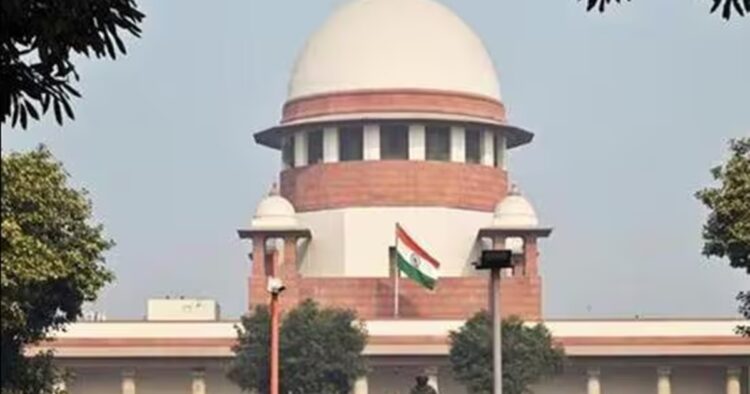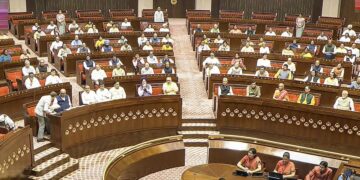The Supreme Court has decided to review a case involving Anil Masih, the returning officer for the Chandigarh mayor election. Masih was accused of defacing ballots, prompting the court to take action against him. Masih has since filed a fresh affidavit offering an unconditional apology for his actions. The matter has been scheduled for July 23, with Chief Justice of India Dhananjaya Y Chandrachud presiding over the bench.
Masih’s lawyer, Mukul Rohatgi, informed the court that Masih had initially cited undergoing treatment for depression and anxiety disorder during his previous appearance before the court in February. However, Rohatgi advised Masih to retract his earlier affidavit and extend an unqualified apology to the court, which Masih has now done.
Senior advocate Abhishek Manu Singhvi, representing Kuldeep Kumar, the current mayor of Chandigarh municipality, opposed Masih’s apology, stating that it was an oversimplification of his actions. Masih’s defacement of eight votes resulted in Kumar losing the mayor election to his opponent from the Bharatiya Janata Party (BJP).
In February, the Supreme Court nullified the election result, reinstating Kumar as the winner with 20 out of the 36 votes polled. The court also initiated action against Masih under Section 340 of the Code of Criminal Procedure (CrPC) for his misconduct.
Masih admitted to marking the ballots, claiming it was to distinguish defaced votes amid a purported commotion. However, the court found his statement to be false after reviewing video evidence. Consequently, Masih was directed to show cause for making false statements, punishable under Section 209 of the Indian Penal Code (IPC).
In response, Masih filed an affidavit in March, citing mental trauma and stress following criticism and online harassment. He expressed concerns about his safety and mental health, urging the court to consider these factors in the case against him.
The court has taken a strict stance on Masih’s actions, emphasizing the seriousness of electoral misconduct by a presiding officer. It invoked its powers under Article 142 of the Constitution, highlighting the extraordinary nature of the malpractice captured on camera.
The Supreme Court’s decision to hear Masih’s case in July underscores the importance of upholding electoral integrity and holding individuals accountable for their actions in the electoral process.

















Comments